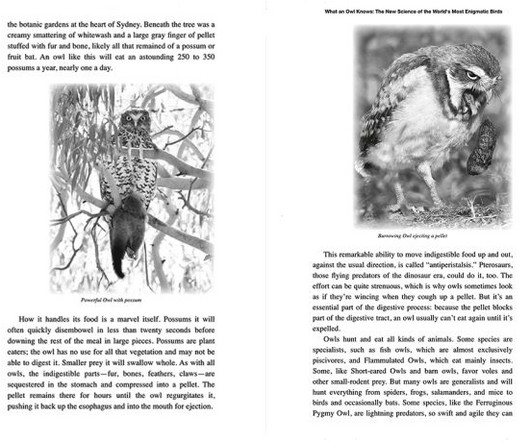From Today's New York Times
Animal Ethics
JANUARY 26, 2009
To the Editor: Let’s tell people of the quantum jump in energy efficiency that could be accomplished by eating less meat and having what meat is eaten be grass fed and pasture raised by local farmers. It’s easy to cut meat consumption if you start with one day a week of no meat. Bonnie Lane Webber New York, Jan.

























Let's personalize your content